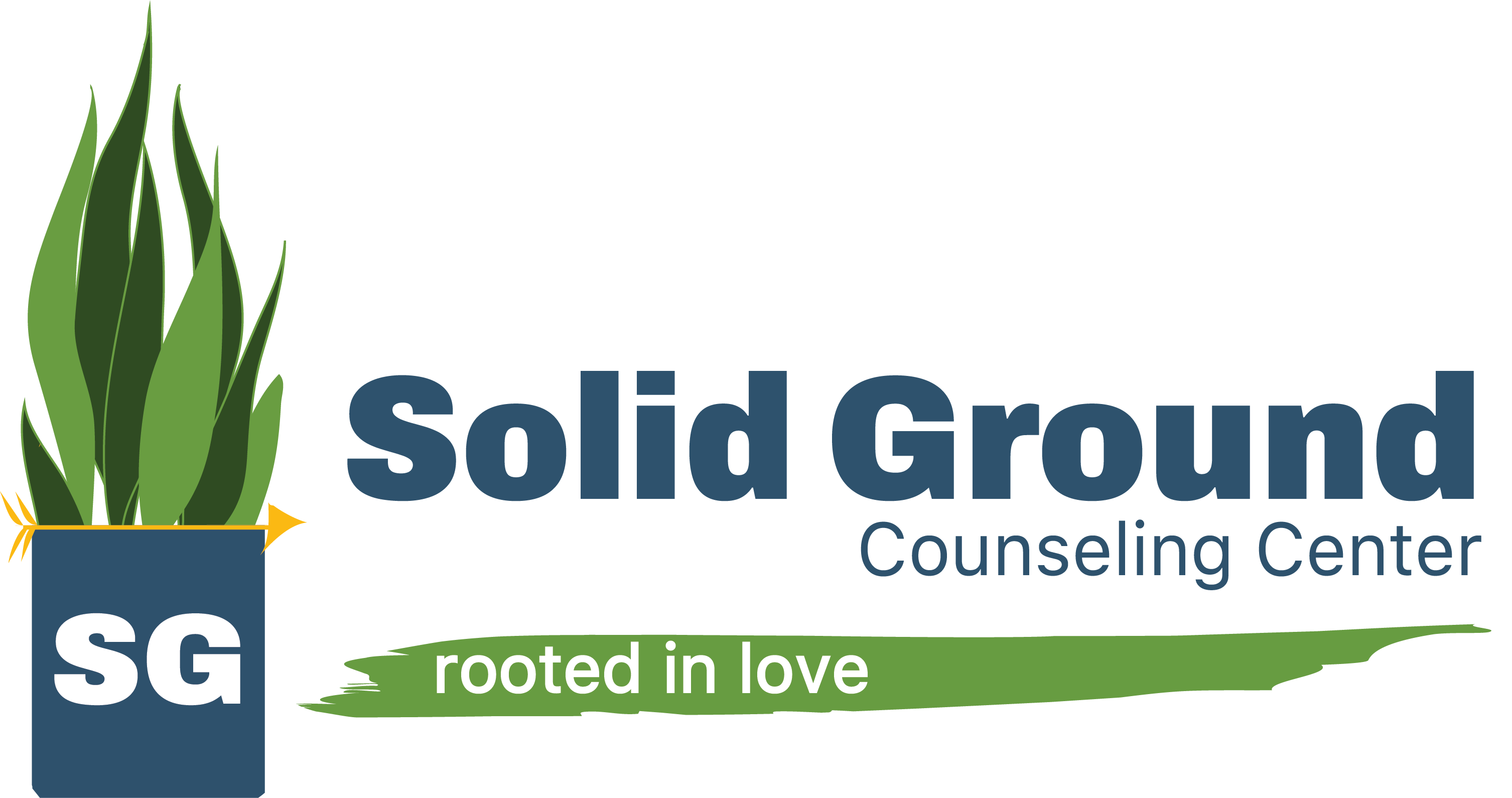September is suicide awareness and prevention month. It is a topic that is crucial, especially in the mental health field. Here at Solid Ground Counseling Center, we feel passionate about ensuring that we are a safe place for people who may be struggling with thoughts of suicide. It is also important to us that all individuals in the community feel comfortable talking with somebody they suspect may be in crisis. We have opened up the blog today to share some information that we hope is helpful to you. As always if you have questions, please don’t hesitate to reach out.
An important piece of suicide prevention is awareness of some clues that may indicate an individual is struggling with suicidal thoughts. We typically break them down into these four categories.
Direct verbal clues include statements such as, “I wish I were dead,” “I’m going to end it all,” and, even, “I’ve decided to kill myself.” Although this last one is pretty direct, it can be a common feeling for people who feel overwhelmed and out of options.
Indirect verbal clues may sound like, “I just want out,” “Pretty soon you won’t have to worry about me,” or “People would be better off without me.” These types of statements are less direct as those above, but are common ways that someone who is in crisis may express their current struggle.
Behavioral clues are items that would fall into risk categories; these include things like previous suicide attempts, acquiring means to take one’s life, putting personal affairs in order, or giving away prized possessions. Other things that may fall into this category include shifts in normally occurring moods, especially moving towards hopelessness.
Situational clues are usually environmentally-based items that could indicate that somebody may be at greater risk for a suicide crisis. Items in this category include loss of a major relationship, death of someone close to the individual, anticipated or real loss of financial security, and the fear of becoming a burden to others. To the individual in crisis, these items typically feel like reasons to no longer live, and are good indicators that this individual may need additional support.
Talking with somebody who you suspect may be in crisis can be intimidating, but it can also be really important. Some tips for asking about where they are regarding suicide include being direct, expressing no judgment about this decision, and listening to what the individual has to say. Often, if someone does not understand why suicide may be an option, they may approach a struggling individual from a place of judgment instead of concern, and this can send an unhelpful message to the individual. To avoid this, it is important to understand that the struggle may not make sense to you, but that doesn’t mean that it is insignificant to the person experiencing the hurt. Staying open-minded about their experience can help keep lines of communication open and facilitate a more productive, successful outcome.
Knowing your resources is an important part of talking with people in crisis. We recommend that you be aware of some local resources for mental health support so you can feel equipped to facilitate these types of conversations.
